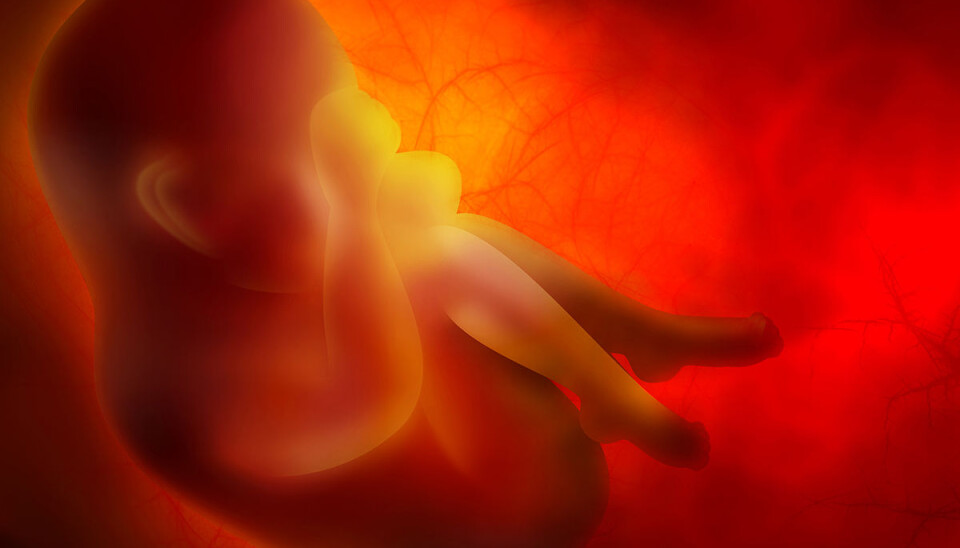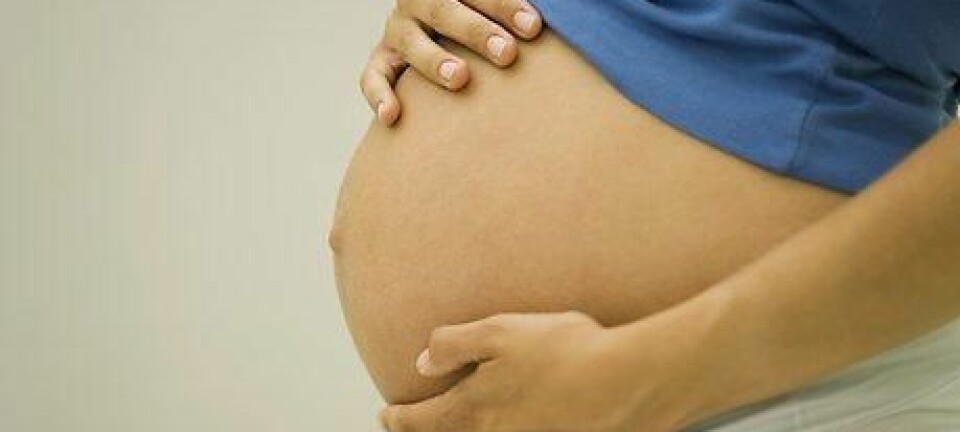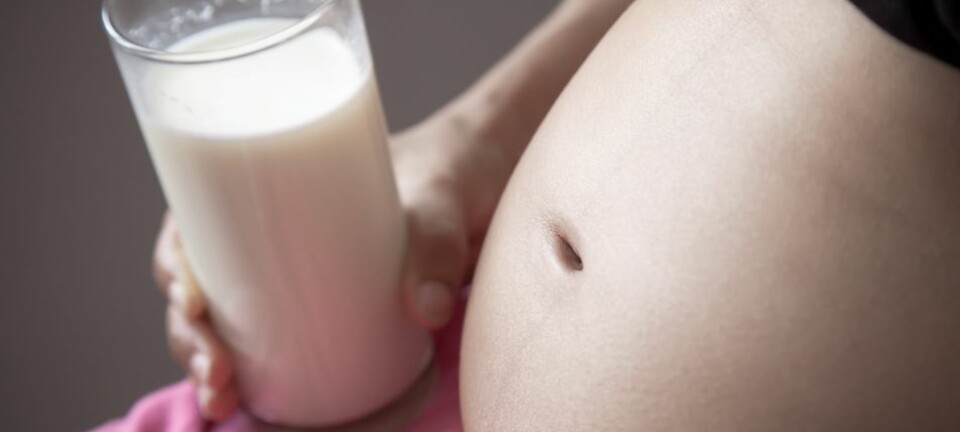
Increased hormone levels in the womb linked to autism
Autistic boys were exposed to an increased level of male sex hormones before they were born, researchers discover.
Boys with autism were exposed to increased levels of male sex hormones and steroids while still in their mothers’ wombs, a Danish-British study reveals.
“Our study demonstrates that there’s a hormonal biochemical difference in boys with autism [compared to non-autistic boys] even before they were born,” says Dr. David Hougaard, director of Department of Clinical Biochemistry, Immunology & Genetics at the State Serum Institute.
“This gives us yet another indication that the cause of autism is not just found in factors during growth -- such as infections, environmental toxins, and vaccinations,” he says.
The womb had extra steroids
Hougaard is one of the researchers behind the new discovery recently published in the scientific journal Molecular Psychiatry.
His research group at the State Serum Institute developed a special technique to analyse hormone levels in amniotic fluid samples. Their analyses show that the amniotic fluid in women who gave birth to boys, who were later diagnosed with autism, not only had higher levels of testosterone but also higher levels of androstenedione, hydroxy-progesterone and progesterone -- all steroids that boost the development of sex hormones such as testosterone.
Biosynthetic hormone formation is different
Testosterone is the sex hormone that controls the development of male characteristics such as genitals, sexual activity, musculature and vocal pitch.
When the researchers compared the womb biochemistry between mothers with autistic boys and mothers with non-autistic boys, they discovered that there was a difference even before testosterone hormones were formed and the gender of the foetus was determined.
“It’s a step towards understanding why many more boys than girls are diagnosed with autism,” says Hougaard. “Our hypothesis was that women who gave birth to autistic boys would have more testosterone in their amniotic fluid -- and that was shown to be correct.”
Still, the researchers were surprised to discover that the boys with autism had not only been exposed to an increased level of testosterone but that their amniotic fluid also had a higher level of the biochemical precursors to testosterone, including other steroids that would later turn into hormones.
“In other words: the formation of hormones in the amniotic fluid was there right from the start,” says Hougaard.
Study found no cause of autism
While the results contribute yet another piece to the jigsaw-puzzle about how autism develops, they’re not the final answer, says Hougaard.
“We don't know if it’s the hormones that cause the brain to develop differently or if they’re just a symptom of other changes that result in the increased hormone level,” he says. “There could for instance be environmental factors that result in errors in the biosynthesis of hormones.”
Toxic chemicals are some of the substances that are believed to have injurious effects on brain development in foetuses. Previous research has shown that the chemicals might affect the formation of hormones in the womb.
Autism researcher is thrilled
At Aarhus University, Professor Diana Schendel is in the process of making the most comprehensive map of genes and other factors that could be involved in the development of autism.
“It’s very interesting that the researchers have found a biochemical difference in boys with autism which exists aready in the early embryonic stage,” she says. “This is another indication that autism can arise before birth.”
Study contributes important knowledge
Schendel is part of a comprehensive Danish research project that studies genes and cells in people with five different psychiatric diagnoses: schizophrenia, manic depression, depression, autism, and ADHD -- right from the time the participants are foetuses and up until adulthood.
The project, called the Lundbeck Foundation Initiative for Integrative Psychiatric Research (iPSYCH), began in 2012 and is expected to give a number of answers to questions such as why some children become autistic.
“A study like the one just published opens a window to uncerstand the mechanisms that can result in an abnormal development in the brain,” says Schendel. “This is important knowledge that tells us which markers we should look for.”
Autism can have various causes
Although the new findings suggest the development of autism is related to hormone levels in the amniotic fluid, it’s still not a definitive answer to the question of whether genetic or environmental factors cause autism in some children, says Schindel.
“Although the study shows that some boys with autism were exposed to higher hormone levels while they were foetuses, there may well be boys with autism who were not exposed in this way,” she says. “The results say nothing about this possibility.”
Hougaard agrees.
A number of studies indicating that autism develops before the child is born have been published in recent years but researchers are still uncertain about the overall mechanism.
“We know much more about the diagnosis today than we did ten years ago, but there is still a lot that we don't know,” says Schendel. “I don't think you can say with certainty that all the causes of autism are found at the embryonic stage -- but we expect that most of the risk of developing autism exists before the child is born. The new study supports this theory.”
-----------
Read the original story in Danish on Videnskab.dk
Translated by: Michael de Laine









